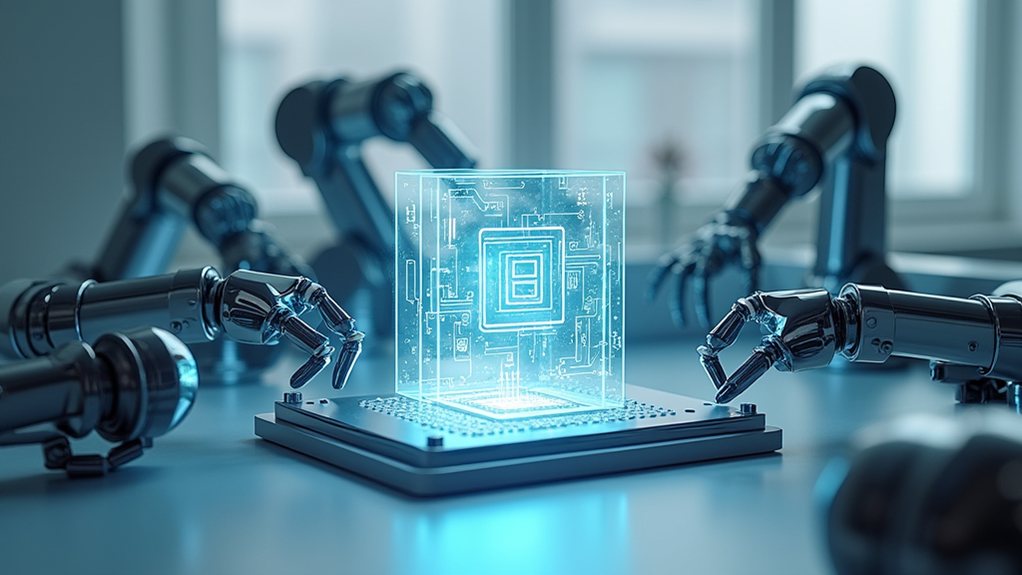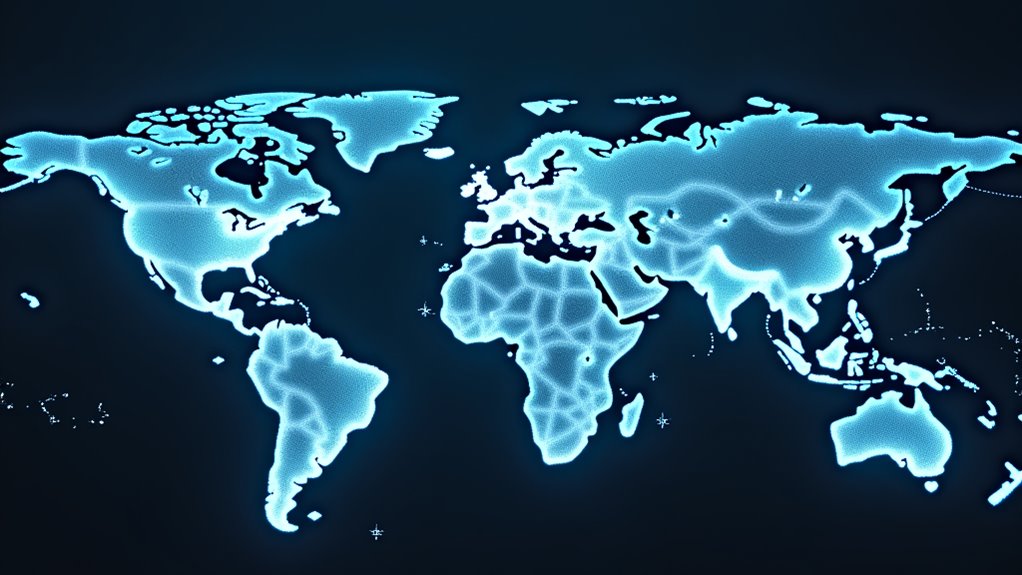AI-savvy workers are reshaping the job market, leaving traditional middle-class roles in a precarious position. By 2025, two-thirds of global leaders won’t hire without AI skills, while automation handles tasks that once took days in mere minutes. College-educated workers are feeling the heat as AI integration accelerates, potentially widening wage gaps by up to 70%. Think of it as career musical chairs—except the AI folks already claimed the comfy seats. The employment landscape ahead looks both promising and perilous, depending on which side of the tech divide you stand.
Uncertainty hangs over today’s job market like an awkward silence at a dinner party where someone just mentioned politics. Remember when being good at your job meant actually knowing how to do your job? Well, those days are fading faster than your New Year’s resolutions in February.
The days of merely knowing your job are vanishing faster than diet plans after Thanksgiving dinner.
A staggering 66% of global leaders now say they won’t hire anyone without AI skills by 2025. Let that sink in. The middle class, long considered the backbone of economic stability, finds itself at a crossroads where traditional career paths are being rewritten in real-time. With profit increases of up to 45% for businesses adopting AI, companies are increasingly prioritizing these technologies over traditional skill sets.
Writing-intensive careers, programming jobs, and customer service positions—once reliable tickets to middle-class comfort—are transforming at breakneck speed. That report you spent days crafting? AI can do it in minutes. The code you painstakingly debugged? AI suggests fixes before you spot the problem. The customer service script you’ve memorized? AI handles the call while you’re still saying “How may I help you?” Experiments have consistently shown significant productivity gains in these exact occupations due to GenAI adoption.
The numbers tell a sobering story. Workers with AI skills command significant premiums while others watch their market value decline. It’s like having a superpower in a world where everyone else is still trying to figure out how to tie their shoes.
Women and Asian workers show higher exposure to AI in their roles, while college-educated and higher-paid workers experience more significant AI integration. Fundamentally, the people who were already doing well might just do *even better*.
The wage gap isn’t subtle either. AI could exacerbate the 50-70% increase in wage inequality already attributed to automation over the past four decades. AI is predicted to impact 300 million jobs worldwide, reshaping entire industries and career trajectories. Yet paradoxically, some economists like MIT’s David Autor believe AI might boost middle-class wages.
There’s a silver lining if you squint hard enough. AI seems to enhance capabilities of novice workers in knowledge-intensive professions, potentially narrowing the novice-expert gap. Customer service agents—typically earning around the 20th percentile income in the US—show productivity improvements with AI assistance.
The message is clear: adapt or be left behind. Your career depends on it—no pressure or anything.









